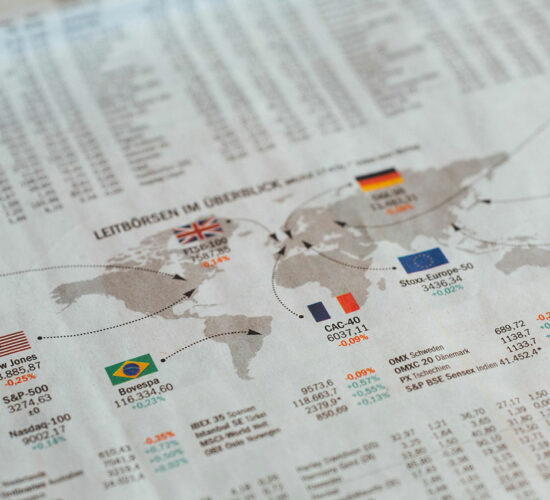
If you require any further information about the curriculum we are following in this subject, please contact the Head of Department.
In the first year of the Economics course, students will be introduced to microeconomic and macroeconomics.
Microeconomics addresses issues such as: ‘Why are house prices so high?’, ‘Can pollution effectively be controlled?’ and ‘When, how and why should governments interfere with markets?’. Macroeconomics issues include: ‘Why does the Government have an inflation rate target and how does it affect us?’, ‘What happens to the economy if people decide to spend more?’, ‘How are we positively and negatively affected by the growth Chinese and Indian economies? And ‘What will Brexit mean for the UK, European and global economies, business and citizens?’. In the second year of the Economics course, students will develop a considerably more advanced understanding of microeconomic and macroeconomics concepts and theories, and learn to deeply analyse and evaluate the values and limitations of economic models. Students will explore these ideas with a more global context, which includes the impact of globalisation on UK economic performance; and how the interaction of firms in a market; the competing objectives of, and various influences on, economic factors can have implications for the efficiency and equity of markets and the global economy. We follow the GCE in A-Level Economics as set out in the Edexcel Specifications for Economics A.